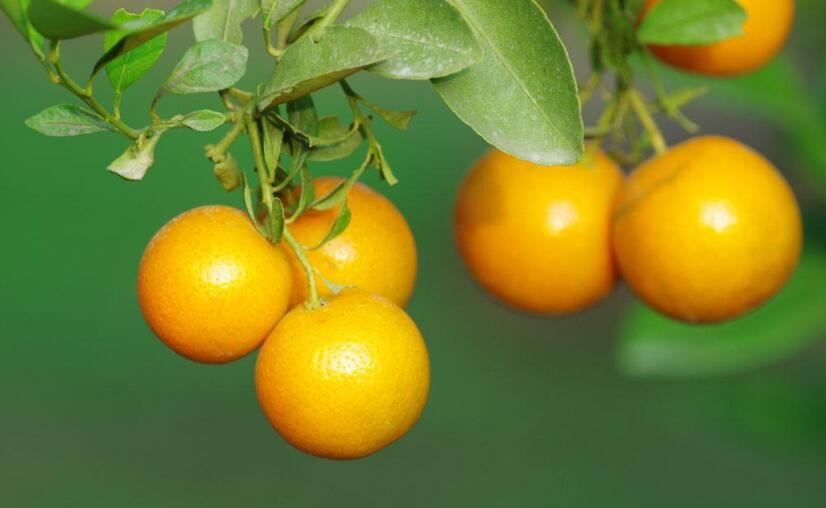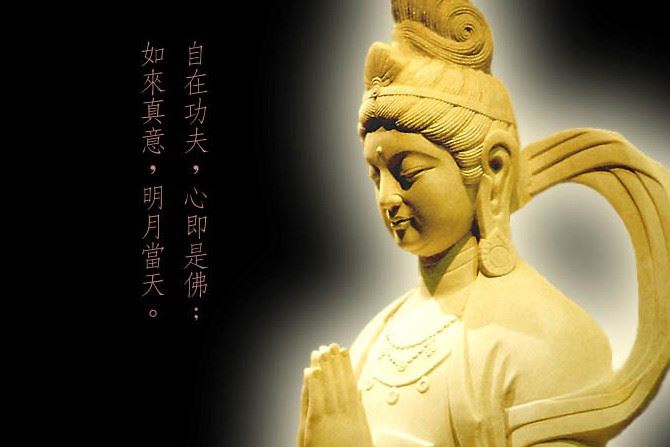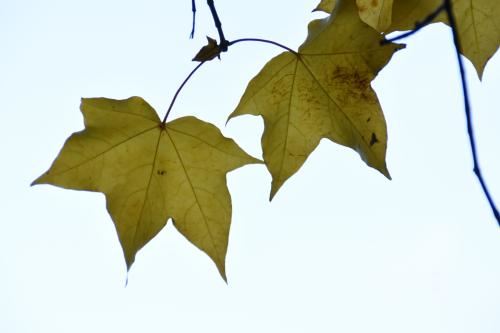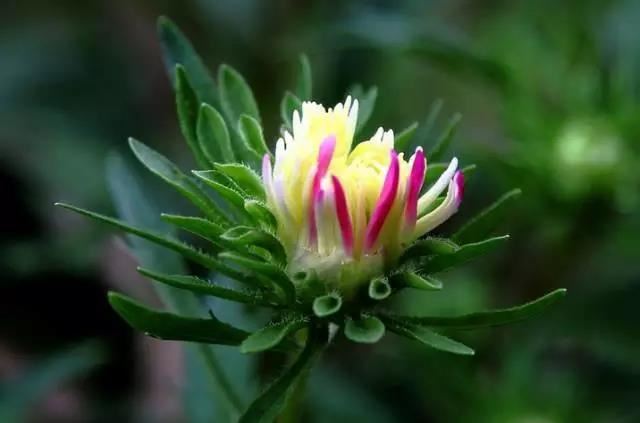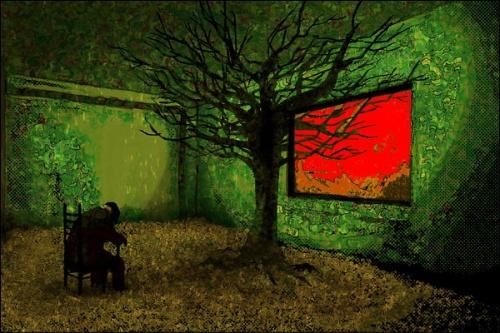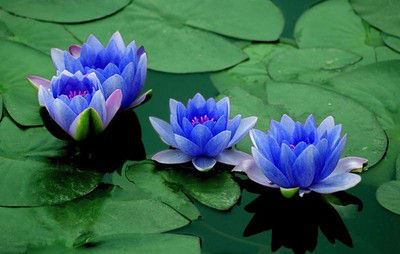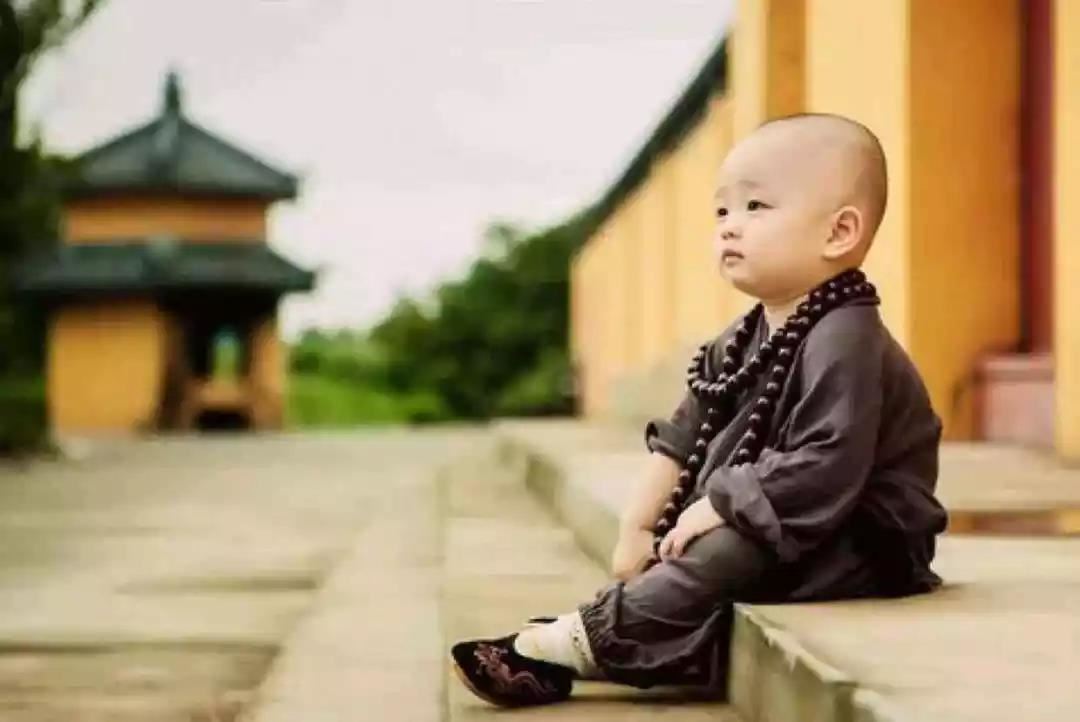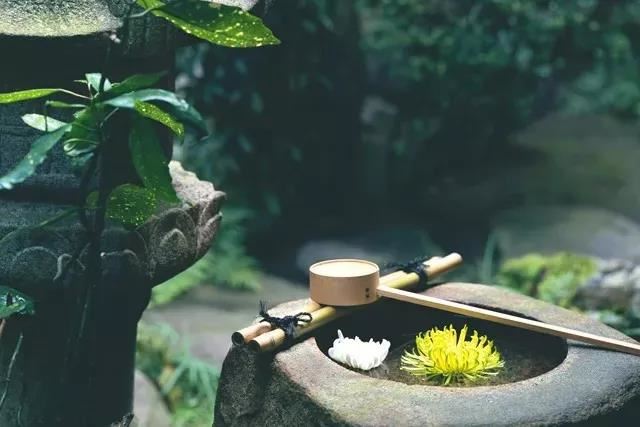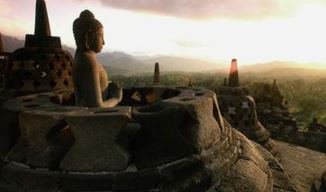Master Hengqiang: The compassion of Venerable Mahakasyapa, the practice of self-interesting and benefiting others
2024-06-01 Han people
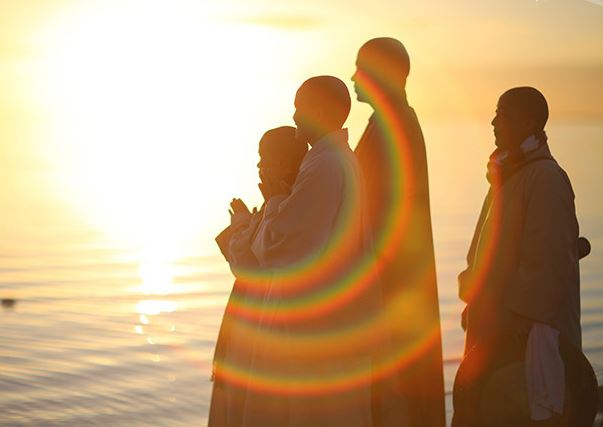
1. The practice of self-interesting and altruistic
(one )Buddha praises the practice of the head
In Buddhist scriptures, there are eleven Dharmas or twelve Dharmas.The characteristics of this practice are to be content with few desires and diligent in practicing Taoism. The clothes and bedding are all three, wearing feces, sweeping clothes, and applying them as you get the utensils. If you eat, beg for food, sit for food, eat for a while, and have no anger. If you live, you will be in the place of Ah Lianru, among the tombs, under the open ground, and under the trees, and if you walk, you will always sit and not lie down.The Ah-Ran Ruo Dharma is one of the methods of the Takao practice. In the sutra, the Ah-Ran Ruo Dharma is also used instead of the Takao practice.In short, the practice of being content with few desires, strictly observing prohibitions, focusing on the Tao, and practicing diligently.
And Venerable Mahakasyapa was the backbone of the practice of Todaka at that time.Perhaps he had become a monk and practiced in a monk before the Buddha. Since he first saw the Buddha, he was embraced by the Buddha's appearance, the silence of all the senses and the infinite merits he revealed. Therefore, he converted to Buddha and became a Buddhist disciple and quickly attained an Arhat.
When the Venerable asked the Buddha once, "What kind of dharma they should live in", "What kind of dharma they practice" and "What difference is the person who practices the Dharma", the Buddha said, "The four holy seeds are dwelling", "The twelve heads are called the place of practice", and "There are differences in all the defilements". [5]This may be the beginning of the practice of Venerable Mahakasyapa's practice of the Head.In addition, the Buddha once mentioned the benefits of the eleven Dharmas of the Taudha in the sutra. If someone practices these eleven Dharmas in eleven years or even in one month, he will definitely achieve the second fruit of reincarnation in this life, such as Anagas and Arhats.Because "the twelve links of dependent originate from the eleven Dharmas." [6]With a professor like Buddha, there was a monk named Touta Shrine in the monastic community.
The Mahakasyapa practices and sometimes ignores his hair and beard for a long time, and wears a torn garment. This image of unkempt and ragged face often causes criticism and ridicule from some six groups of monks and nuns.The Buddha taught them to respect Mahakasyapa and praise Alanruo's Dharma. When young monks saw Alanruo's monks, they should "go out to welcome him, respect, worship, and ask questions", and even live together, "those who are respectful in this way will be blessed and benefited for a long night." [7]The Buddha even said:
“If there is someone who destroys the Dharma of Tautu, it will be destroyed by me; if there is someone who praises the Dharma of Tautu, it will be praised by me.What is this? The Taotuo Dharma is praised and praised by my elders at night.” [8]
From this we can see that the practice of the Taudha is not the first or special practice of Mahakasyapa, but the same teachings as the Eightfold Paths were taught by the Buddha.Although the Buddha did not set precepts and required all monks to practice the tartar practice, he still taught the tartar practice too much, praised and persuaded his disciples to practice the tartar practice.As stated in the scriptures:
At that time, the Buddha told the monks: "I sit and eat with you, so you should also sit and eat with you... You monks should also wear three clothes, sit under a tree, sit in a quiet place, sit and practice asceticism, wear replenishment clothes, and be in the tomb, and wear evil clothes.So? Sighing to those who have few desires.Now I teach you, you should be like the monk Kashyapa.Therefore, what is this? The eleven Dharmas of the Bible Kashyapa, and also teaches people to practice this essential Dharma.I will teach you to be like a king and monk.Therefore, the king of monks is wearing bad clothes and not wearing any craftsmanship.This is called, monk! My teachings should be practiced.So, monk! Take it as learning!" [9]
(two )How to benefit him
Despite this, some people still blame Tauda for being inclined to be self-interested, and denounced Mahakasyapa as a Hinayana practitioner, which is due to the Buddha's original intention of saving sentient beings.The basis for this kind of accusation is that the Buddha once persuaded Mahakasyapa to abandon the practice of Takashi, such as the 5th Sutra of "Agama Sutra of the One Agama Sutra" and the 1141th Sutra of "Miscellaneous Agama Sutra".But if we carefully analyze the original text of the scriptures, we will find that the Buddha's original intention is by no means negating the practice of the head.As stated in the scriptures:
At that time, the Buddha told Mahakayapa: "You are old now, and you are mature in your old age. The feces are heavy in your clothes. My clothes are light and good. You can live among monks and wear bad clothes for lay people."Kahyapa said to the Buddha: "World-Honored One, I have been practicing Ah Lianruo for a long night, praising Ah Lianruo, sweeping her clothes and begging for food."The Buddha told Kashyapa: "You should observe several meanings, practice Ah Lianruo, and praise Ah Lianruo, (habit )Do you want to sweep the feces and beg for food? Praise the method of sweep the feces and beg for food? "Kahyapa said to the Buddha: "World-Honored One, I have observed two meanings: the present Dharma is to achieve happiness and abide, and then create a great bright future for the sentient beings.In the future, sentient beings should recite this: "In the past, the six supernatural powers, and after becoming a monk, they have been proficient in the Brahma practice, which is praised by the World Honored One, and serves those who are wise and wise.He studied A Lianruo for the long night and praised A Lianruo. (habit )We sweep manure, beg for food, and praise the method of sweep manure, clothes, beg for food.'All those who hear it will be happy with a pure heart and will be happy all night long."The Buddha told Kashyapa: "Good! Good! Kashyapa, you will benefit and rejoice sentient beings in the long night, be compassionate to the world, and be at peace with heaven and heaven."The Buddha told Kashyapa, "If anyone destroys the Dharma of Khatto, he will destroy me; if anyone praises the Dharma of Khatto, he will praise me."What is this? The Taotuo Dharma is praised and praised by my elders at night.Therefore, Kashyapa! Ah Lianruo should praise Ah Lianruo, and those who beg for feces should praise the method of sweeping feces and beg for food.” [10]
We know that Mahakasyapa was one of the early disciples of the Buddha and died after the Buddha. The time Mahakasyapa followed the Buddha was beyond the reach of ordinary people.When the Buddha persuaded him to give up the practice of Toddha, as the sutra says, Mahakasyapa was already old and weak, and was not as strong as when he was young.It was out of deep care that the Buddha advised him to stay in the crowd and receive offerings to others, which would be beneficial to the body. How could this deny the practice of the tarva?
However, in this sutra, Mahakasyapa talks about the two benefits of Tauda’s practice: one is that those who practice it in person will be able to achieve happiness in the present Dharma, and the other is to create great wisdom for future sentient beings and show their right path.This second benefit is more clearly stated in another verse:
Mahakayyapa said to the Buddha: "I can't bear to accept the food and clothing."Now I am taking clothes here and begging for food at any time, and I am extremely happy.So? In the future, there will be monks who will have a soft body and a greedy mind for food and clothing, which will facilitate the regression of Zen and will no longer be able to perform suffering karma.It is also said: "In the past, monks and others were invited and fed by others. Why are we not evil in ancient times? "Because we are greedy for food and clothing, we should give up our clothes to white clothes, so that the sages and wise men will no longer have the power and spirit, and the people of the four divisions gradually decreased.The saints have been reduced, and the Tathagata Temple will be destroyed again.Because the Tathagata Temple has been destroyed, the sutras and Dharmas will wither again.At that time, all beings will no longer be full of light.With no essence, the life span will be shorter.At that time, all those lives have fallen into the three evil realms, just like the sentient beings today. Those who have many blessings are born in heaven, and those who have many sins in the next life will all go to hell."The World Honored One said, "Good! Good! Kashyapa is very beneficial to others, and he is a good friend and a blessing for the people of the world.” [11]
Because there was a Buddha at that time, those who had good roots believed in the Buddha's teachings and could follow the Buddha's teachings and follow the right path.Mahakasyapa turned his attention to the future life. In the future, monks will be greedy for profit and do not diligent in practicing, and their believers will decrease, and they will not be respectful and trustworthy, and their Buddhist temples will be destroyed, and their sutras will be withered. All sentient beings will live in the short life and will be born in the evil realms.If any sentient being can remember that the Buddha had a disciple who had diligently practiced asceticism in Touta and practiced for a long night, the good deeds would increase, and "all benefited and happy at a long night."This shows Mahakasyapa's compassion, and he sets an example for the benefit of sentient beings in the future.
This future benefit of Mahakasyapatata practice continued until the birth of Maitreya Buddha.As the sutra says, a disciple of Maitreya saw the body and bones of Mahakasyapa and sighed that there had never been one. Some had obtained the pure eyes of the Dharma, and some had obtained the Arhat. [12]This can be said to be incredible by example.In the "Agama Sutra", it is often recorded that some Buddhist disciples and even heretics can develop respect, faith and turn to the Buddha when they see the Buddha's appearance and adornment.The Buddha's teachings even have an irreplaceable role in saving sentient beings, which is more impressive than the teachings of words.The same is true for Mahakasyapa. His style of being content with few desires, strict in keeping precepts, and diligent in practicing hard was even admired by the disciples of Maitreya Buddha in the long time, and he achieved the fruit of enlightenment.
After many kalpas of practice, the Buddha achieved supreme enlightenment in his last body, thus benefiting sentient beings and saving sentient beings.After Buddhism appeared in the world, the biggest and most important thing in Buddhism is to make the Dharma last for a long time.However, "everything is impermanent and cannot be maintained for a long time." After the Buddha's Nirvana, monks practiced illegal things widely, as the sutra says:
The World Honored One said, "Good! Good! Kashyapa is very beneficial to others, and he is a good friend and a blessing for the people of the world.Kashyapa should know that after my Nirvana for more than a thousand years, there will be monks who will retreat from Zen and no longer practice the method of "Taota". There will be no begging for food or taking supplementary clothes, and those who are greedy for elders will ask for food and clothing. They will not live under the trees and like to dress up houses. They will not use urination and defecation as medicine, but they will only use the remaining herbs and extremely sweet. They may be greedy for money and goods, stingy with the houses, and always fight and fight together.At that time, the donor Tan Yue believed in Buddhism, was very happy to give gifts, and did not hesitate to money or property.At that time, after the donor Tan Yue died, he was born in heaven.Those who are lazy will die and go to hell.In this way, Kashyapa! All actions are impermanent and cannot be maintained for a long time.Kashyapa should also know that in the future, there will be monks who will shave their hair and learn family business, hold the man on the left and the woman on the right, and hold the zither and flute in the streets and alleys to beg for food.” [13]
Mahakasyapa was so far-reaching for all living beings. No wonder the Buddha praised Mahakasyapa seriously in this sutra, and was also the same in the Sutra 1141 of the "Miscellaneous Agama Sutra".Regarding the profound and close relationship between the practice of Touta and Buddhism, the Buddha even said in the sutra that "In the past, all the Buddhas Touta monks had the Dharma, and if the Dharma existed, the Dharma existed, and if the Dharma did not exist, the Dharma disappeared." [14]From this we can see that the monk Touta Prayu has become a symbol of the existence of Buddhism.The Buddha's praise of Mahakasyapa was really due to great compassion and was very serious, but Master Yinshun actually said that this was "convenient comfort". [15]Where did these people’s compassion for the abbot of the Dharma go?
The practice of Touta is a diligent practice. It can not only benefit oneself, but also benefit sentient beings.Mahakasyapa practiced the practice of the head in a consistent manner out of altruistic compassion.In short, the practice of Touta is also the teaching of the Buddha, and the Venerable Touta, Mahakasyapa, is not a heretic.The practitioners of the tard do not fully benefit themselves. Mahakasyapa praised the tard doctrine, the practice of the tard doctrine, and also preached the tard doctrine. This is due to the great compassion that benefits sentient beings and allows the Dharma to stay for a long time.
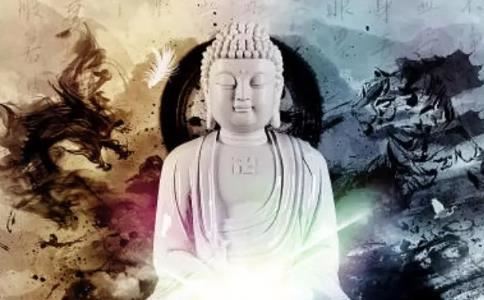
Related Readings
 The story of Kasyapa: It is difficult to resolve life and death when encountering Buddha to attain enlightenment of Nirvana
The story of Kasyapa: It is difficult to resolve life and death when encountering Buddha to attain enlightenment of Nirvana
 《"The Sutra of Hundred Karma": The Lord Kashyapa was delayed from obtaining the holy fruit because of his arrogance.
《"The Sutra of Hundred Karma": The Lord Kashyapa was delayed from obtaining the holy fruit because of his arrogance.
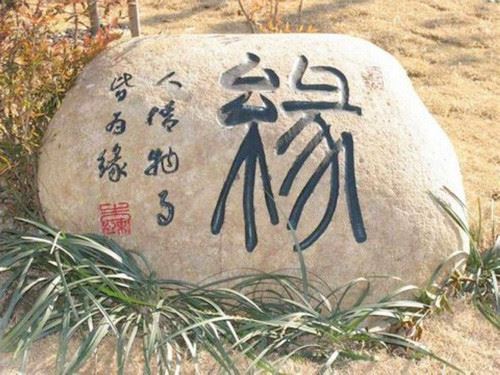 The Record of the Pure Land Sages: The Venerable Qi Pojia, Venerable Ma Ming,
The Record of the Pure Land Sages: The Venerable Qi Pojia, Venerable Ma Ming,
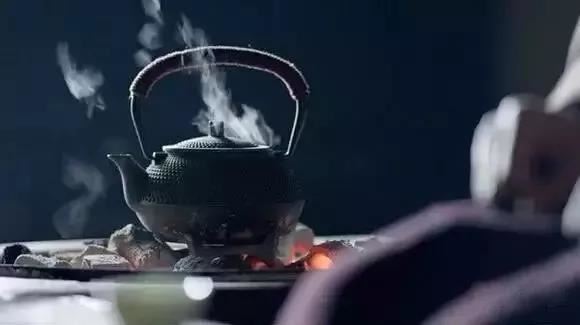 The first academic seminar on "Jizu Mountain Kashyapa Sect Style and Mountain Forest Buddhism" opened
The first academic seminar on "Jizu Mountain Kashyapa Sect Style and Mountain Forest Buddhism" opened
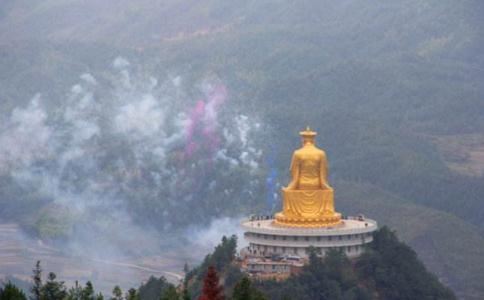 The Buddha's disciple Mahakasyapa entered meditation for 5 billion years in Jizu Mountain southwest of Raja City
The Buddha's disciple Mahakasyapa entered meditation for 5 billion years in Jizu Mountain southwest of Raja City
 Master Hengqiang: The healthy life of lay Buddhists
Master Hengqiang: The healthy life of lay Buddhists
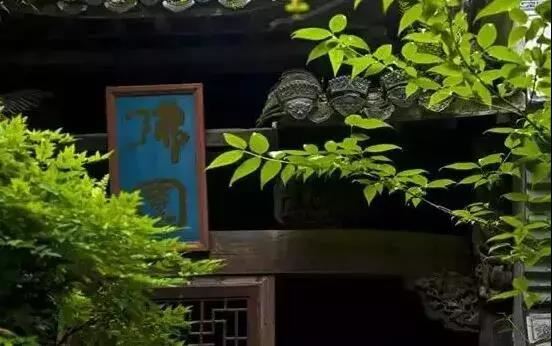 Master Hengqiang: Chapter 2 of the Middle Way of Primitive Buddhism
Master Hengqiang: Chapter 2 of the Middle Way of Primitive Buddhism
 Master Yuanyin: The essence of practice (65) Benefit yourself and others
Master Yuanyin: The essence of practice (65) Benefit yourself and others
 Master Xuanhua: The Fourth Patriarch Upoch Tsudo
Master Xuanhua: The Fourth Patriarch Upoch Tsudo
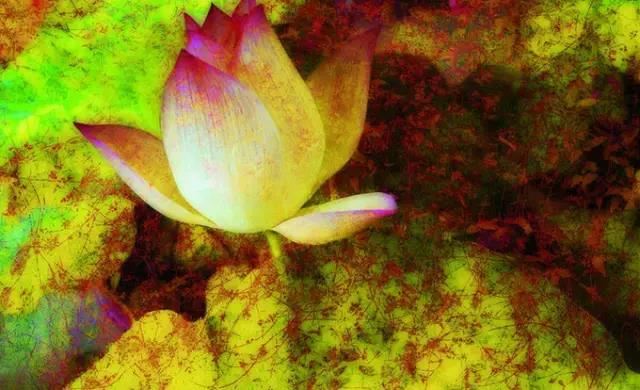 Master Xuanhua: The Eighteenth Patriarch Gayashedo
Master Xuanhua: The Eighteenth Patriarch Gayashedo
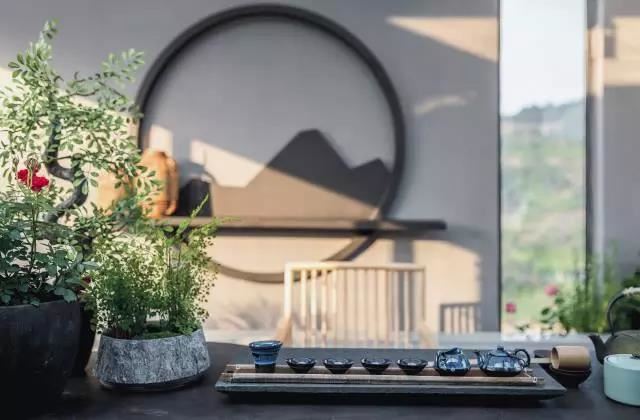 Master Xuanhua: The Sixteenth Patriarch Rahulada
Master Xuanhua: The Sixteenth Patriarch Rahulada
 Physical Master: What is the record of Venerable Uppersen
Physical Master: What is the record of Venerable Uppersen
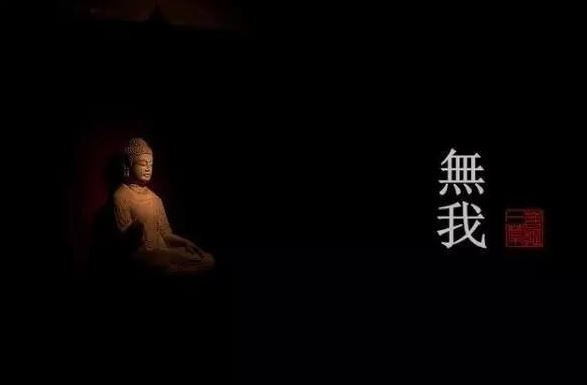 Revate Venerable: Achievement of meditation
Revate Venerable: Achievement of meditation
 Venerable Daocheng: Meditation guides how to overcome drowsiness and sleep
Venerable Daocheng: Meditation guides how to overcome drowsiness and sleep
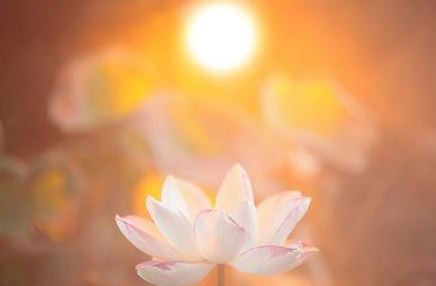 Venerable Dexiong: A look at the first section of the first chapter of the practice of entering and leaving the breath and practicing breath 1-2 Relaxation and nature
Venerable Dexiong: A look at the first section of the first chapter of the practice of entering and leaving the breath and practicing breath 1-2 Relaxation and nature
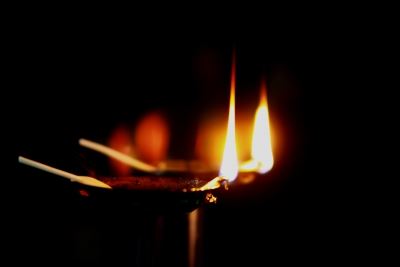 Venerable Dexiong: A moderate diligence in the third section of the third basic trilogy of 3-2 (Three essentials )
Venerable Dexiong: A moderate diligence in the third section of the third basic trilogy of 3-2 (Three essentials )
 Venerable Daocheng: Meditation guides beware of "soft and weak" (When you can't use it )
Venerable Daocheng: Meditation guides beware of "soft and weak" (When you can't use it )
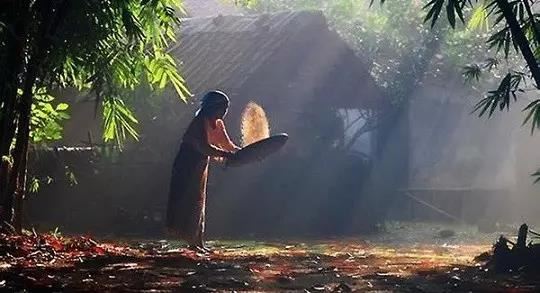 Zen Master Ajah Chan Cha: Venerable Ajah Chan Cha answered: How to understand karma and troubles?
Zen Master Ajah Chan Cha: Venerable Ajah Chan Cha answered: How to understand karma and troubles?
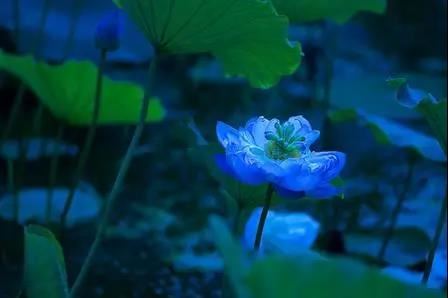 Zen Master Ajah Chan Cha: Venerable Ajah Chan Cha answered: How to overcome anger?How to deal with it when it arises?
Zen Master Ajah Chan Cha: Venerable Ajah Chan Cha answered: How to overcome anger?How to deal with it when it arises?
 Zen Master Ajah Chan Cha: Venerable Ajah Chan Cha replied: It is important to put all the food in a bowl and eat it. Why didn’t you do it as you do?It is important to lead by example
Zen Master Ajah Chan Cha: Venerable Ajah Chan Cha replied: It is important to put all the food in a bowl and eat it. Why didn’t you do it as you do?It is important to lead by example
 Yan Yang's good faith in enlightenment of the cause and condition
Yan Yang's good faith in enlightenment of the cause and condition
 Master Hengqiang: Speaking of Buddha statue
Master Hengqiang: Speaking of Buddha statue
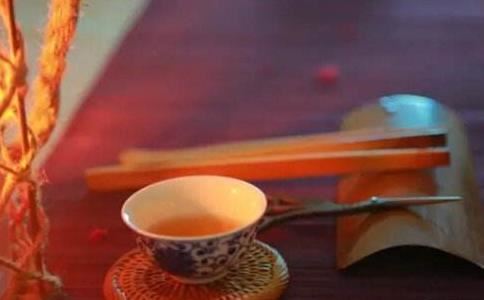 Master Hengqiang: Diagnosis of Bodhicitta
Master Hengqiang: Diagnosis of Bodhicitta
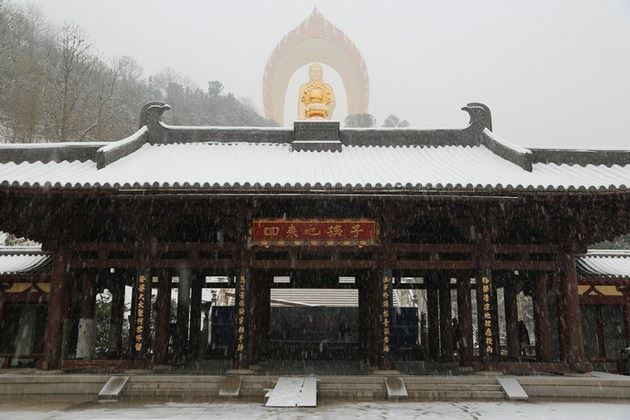 Practice the transcendental Dharma, and only benefit oneself and others.
Practice the transcendental Dharma, and only benefit oneself and others.
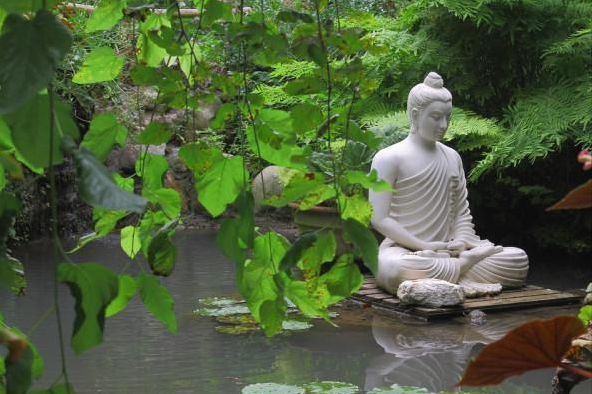 The fate of the three brothers Kashyapa being transformed
The fate of the three brothers Kashyapa being transformed
Learn some common mantras in Buddhism, benefit yourself and others
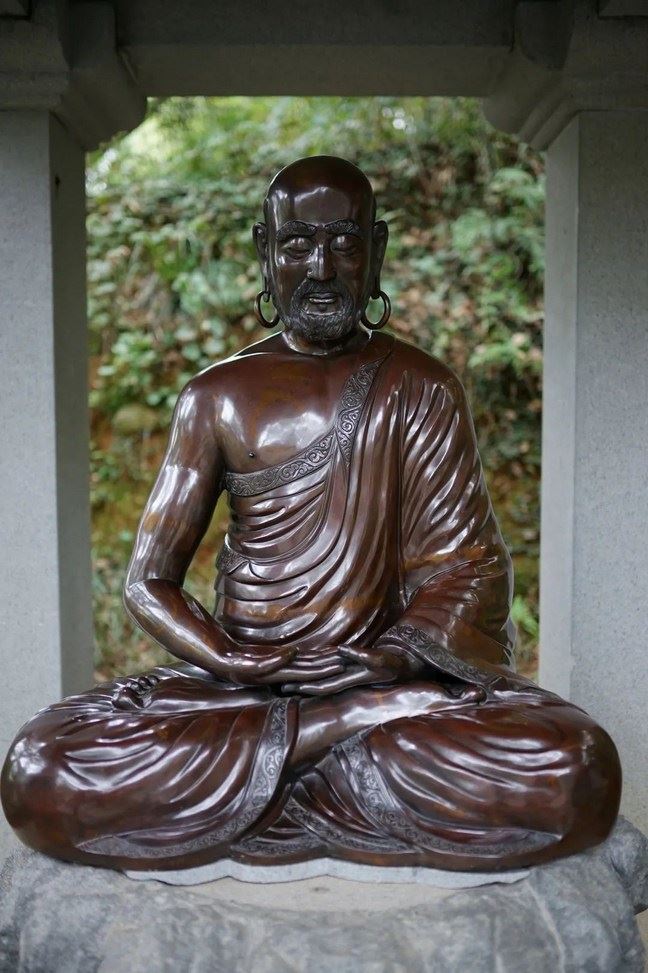 The Record of Gaoxian in Donglin - The Venerable Buddha Badra
The Record of Gaoxian in Donglin - The Venerable Buddha Badra
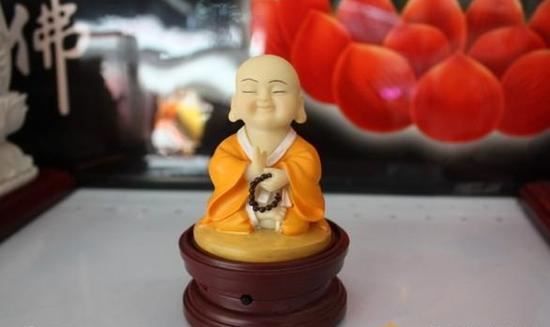 Episode 027 Kashyapa Wenji Zhengchao
Episode 027 Kashyapa Wenji Zhengchao
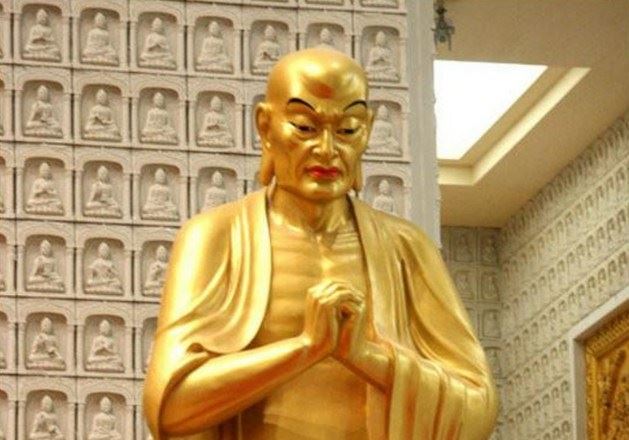 The Lord Mahakasyapa who always practices few desires
The Lord Mahakasyapa who always practices few desires
The mute monk digs a well and removes drought
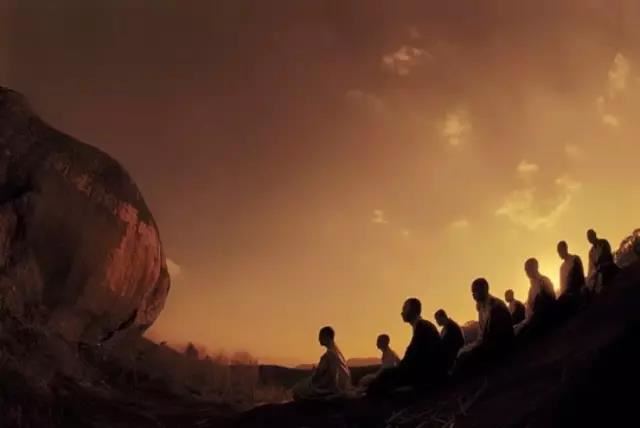 48 Yan Yang's good faith in enlightenment of the cause and condition
48 Yan Yang's good faith in enlightenment of the cause and condition
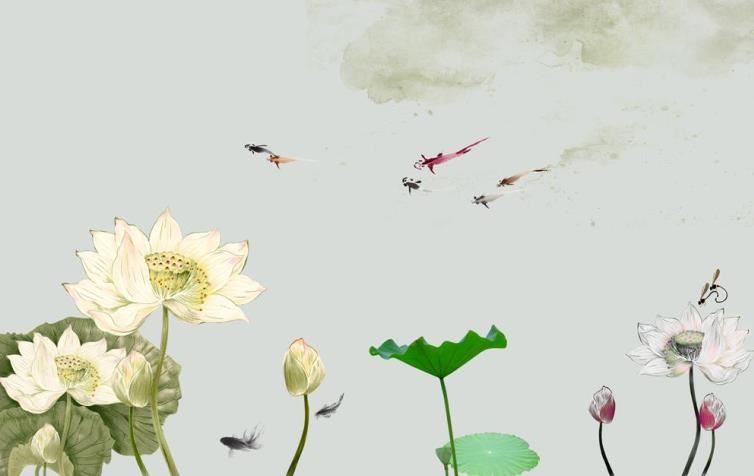 Those who hear the Buddha, those who hear the World Venerable, those who hear the Tathagata, and those who hear all wise will have the merits that are greater than that of countless!
Those who hear the Buddha, those who hear the World Venerable, those who hear the Tathagata, and those who hear all wise will have the merits that are greater than that of countless!
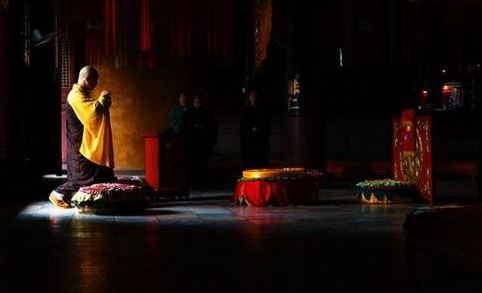 Buddhist Story: Arhat dish: Kashyapa
Buddhist Story: Arhat dish: Kashyapa
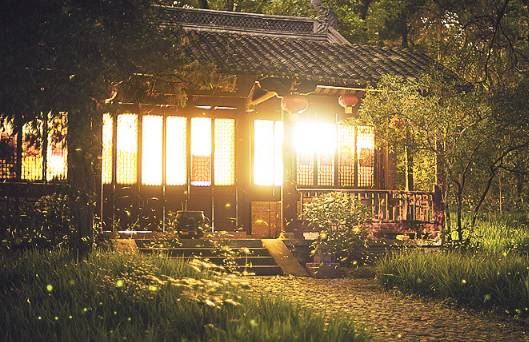 Buddhist story: Timeless story: Compassion is thoroughly penetrated into the bone marrow - the story of the Buddha cutting flesh and feeding eagles
Buddhist story: Timeless story: Compassion is thoroughly penetrated into the bone marrow - the story of the Buddha cutting flesh and feeding eagles
 Buddhist Story: Arhat Cuisine: Buddha saves the Three Kashya
Buddhist Story: Arhat Cuisine: Buddha saves the Three Kashya
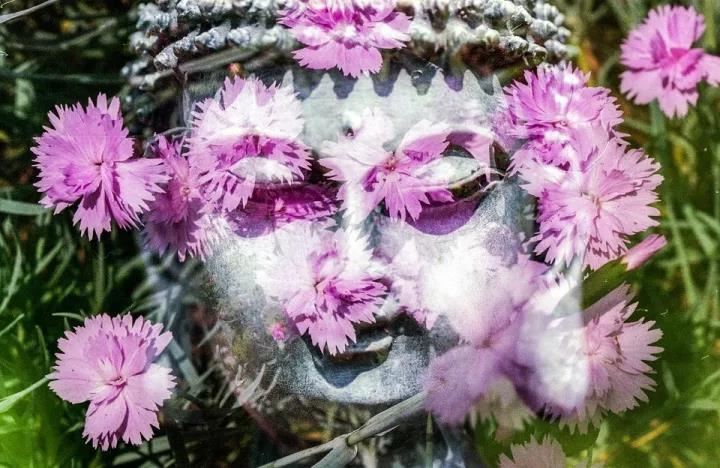 Buddha's Dharma Transformation of Kashya
Buddha's Dharma Transformation of Kashya
 Venerable Mahakasyapa replied: Do people have a next life?
Venerable Mahakasyapa replied: Do people have a next life?
 The story of the reincarnation of Dangqudemba's master
The story of the reincarnation of Dangqudemba's master
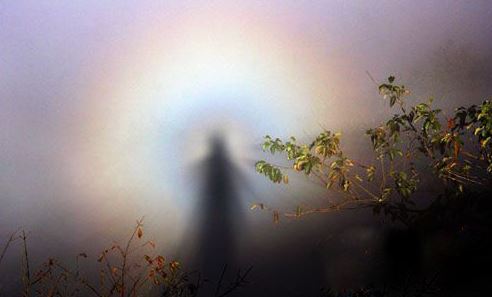 Buddhist characters: The Master of Fool
Buddhist characters: The Master of Fool
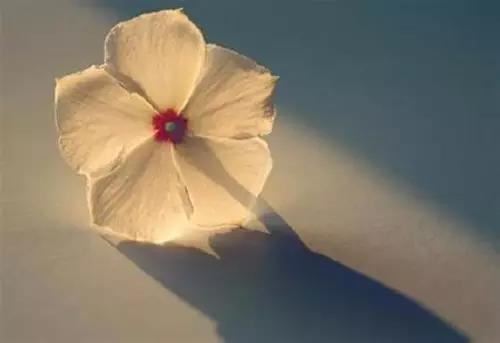 How do Bodhisattvas cultivate compassion?
How do Bodhisattvas cultivate compassion?
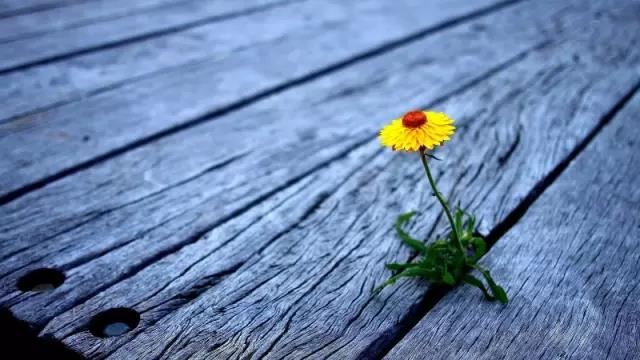 Buddhist story: Being injured by mistake and still respecting the venerable --Buddhist Learning Network
Buddhist story: Being injured by mistake and still respecting the venerable --Buddhist Learning Network
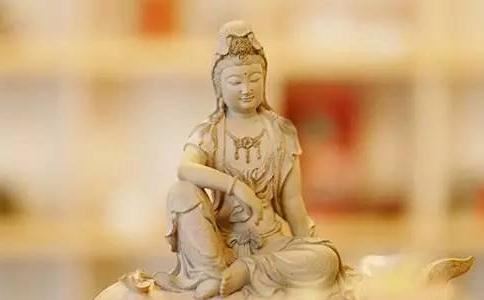 Buddhist story: Biography of Guanyin Bodhisattva: Chapter 7: Kashyapa Kashyapa was sick after searching for lotus and rising the forest national treasure
Buddhist story: Biography of Guanyin Bodhisattva: Chapter 7: Kashyapa Kashyapa was sick after searching for lotus and rising the forest national treasure
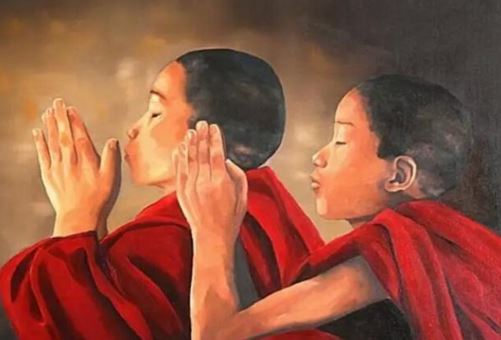 Complete Works of Master Haitao’s Story: 21. The Story of Kashyapa
Complete Works of Master Haitao’s Story: 21. The Story of Kashyapa
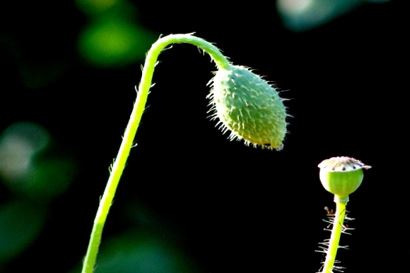 The Ten Great Disciples of the Buddha - Venerable Rahula - The First Secret Practice
The Ten Great Disciples of the Buddha - Venerable Rahula - The First Secret Practice
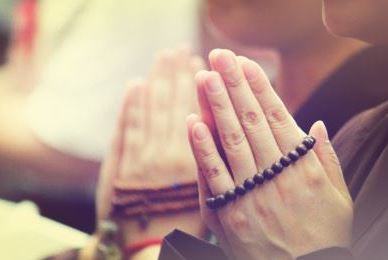 Master Hsing Yun: Chapter 24 Three Kasyapa abandoned evil and returned to justice
Master Hsing Yun: Chapter 24 Three Kasyapa abandoned evil and returned to justice
 Master Zhengyan: The mute monk digs a well with compassion and eliminates drought
Master Zhengyan: The mute monk digs a well with compassion and eliminates drought
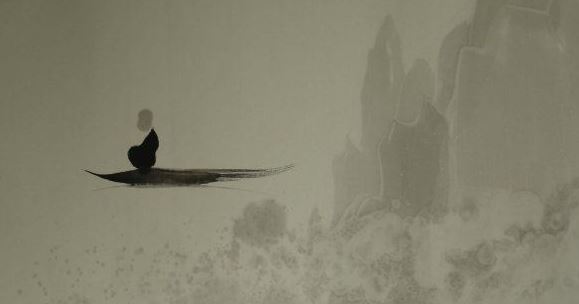 Buddhist story: Fahai Suozhen: Kashyapa's fate (delivered to the Dharmazang's cause and condition)
Buddhist story: Fahai Suozhen: Kashyapa's fate (delivered to the Dharmazang's cause and condition)
 Buddhist stories: Collection of stories about the hundred karma: 16. Naked Kayah
Buddhist stories: Collection of stories about the hundred karma: 16. Naked Kayah
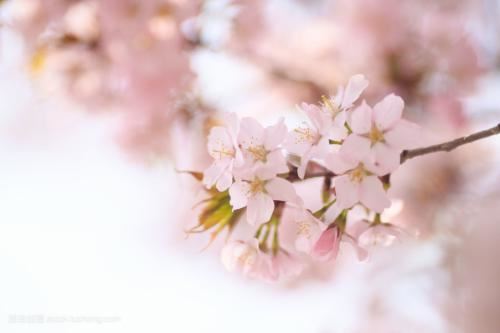 Buddhist story: The story of Theravada Sutra: The story of the Eye-protecting Venerable
Buddhist story: The story of Theravada Sutra: The story of the Eye-protecting Venerable
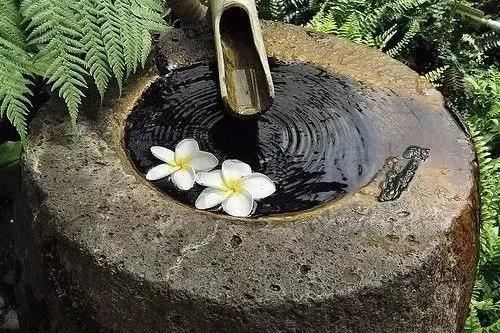 Buddhist Story: The Story of Theravada Sutra: The Footprints of the Venerable
Buddhist Story: The Story of Theravada Sutra: The Footprints of the Venerable
 Buddhist story: The story of Theravada Sutra: The story of Venerable Seal Buga
Buddhist story: The story of Theravada Sutra: The story of Venerable Seal Buga
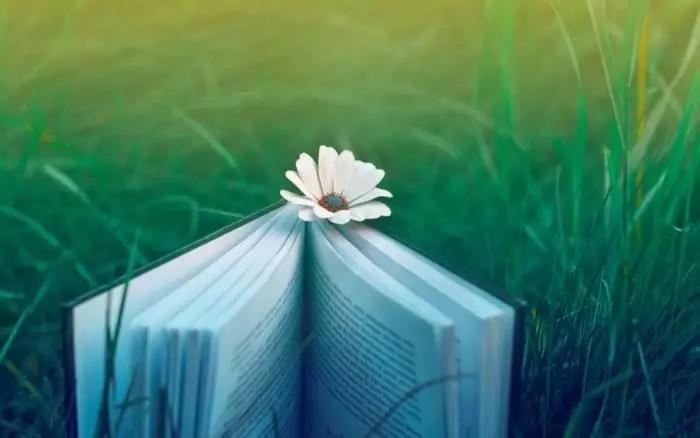 Buddhist story: The story of the Theravada sutra: The story of the nephew monk protecting the lord (The peace of mind and body )
Buddhist story: The story of the Theravada sutra: The story of the nephew monk protecting the lord (The peace of mind and body )
 Buddhist story: The story of Theravada Sutra: The story of Venerable Perdanegdisa
Buddhist story: The story of Theravada Sutra: The story of Venerable Perdanegdisa
 Buddhist story: The story of the Theravada Sutra: The story of the Venerable Zhou Li Pantuoga
Buddhist story: The story of the Theravada Sutra: The story of the Venerable Zhou Li Pantuoga
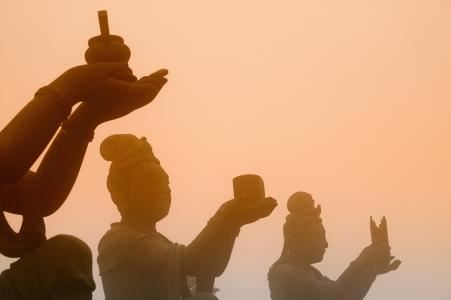 Buddhist story: The story of Theravada Sutra: The story of the Venerable Kundeli giving joy
Buddhist story: The story of Theravada Sutra: The story of the Venerable Kundeli giving joy
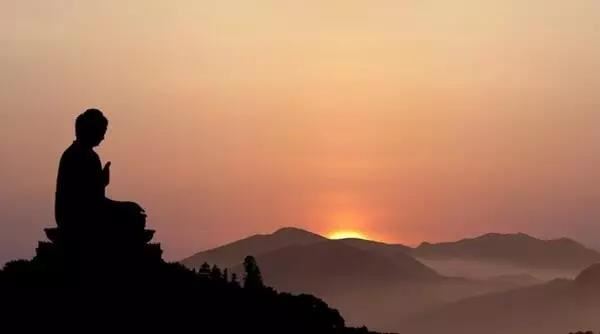 Buddhist Story: The Story of Theravada Sutra: The Footprints of the Venerable -The story of Dessa
Buddhist Story: The Story of Theravada Sutra: The Footprints of the Venerable -The story of Dessa
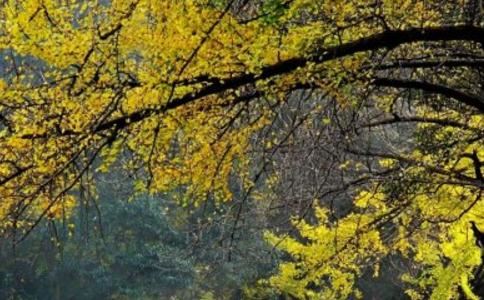 Buddhist story: The story of Theravada Sutra: The story of Venerable Master Zhiduo
Buddhist story: The story of Theravada Sutra: The story of Venerable Master Zhiduo
 Introduction to the Fourth Generation of King Ciren Gyatso by Lu Dongzan
Introduction to the Fourth Generation of King Ciren Gyatso by Lu Dongzan
 Buddhist noun: Kashya _Buddha Kashyapa _Ananda Kayya _How to pronounce Kashyapa _Who is Mahakasyapa
Buddhist noun: Kashya _Buddha Kashyapa _Ananda Kayya _How to pronounce Kashyapa _Who is Mahakasyapa
 Ananda and Kashyapa: The Buddha is about to enter the future of death and confer the prophecy
Ananda and Kashyapa: The Buddha is about to enter the future of death and confer the prophecy
 Venerable Ajah Cha: Precepts YIN want
Venerable Ajah Cha: Precepts YIN want
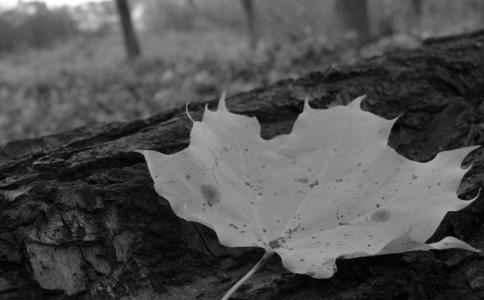 The Cause and Retribution of Venerable Udoyi
The Cause and Retribution of Venerable Udoyi
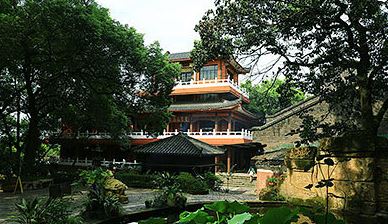 Venerable Daocheng: Meditation Method of Compassion
Venerable Daocheng: Meditation Method of Compassion
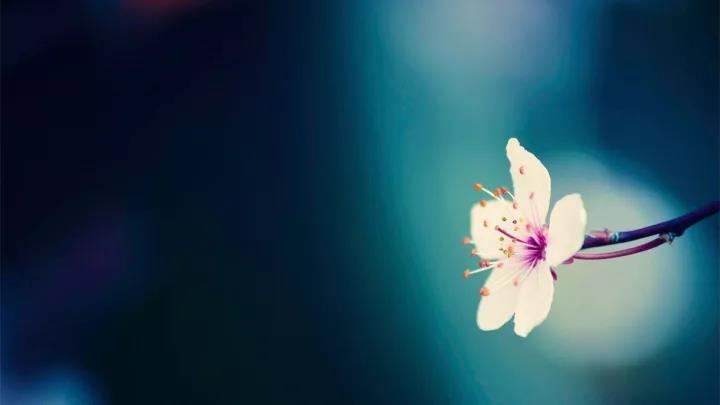 Introduction to the Second World Venerable Danma Zhaimang
Introduction to the Second World Venerable Danma Zhaimang
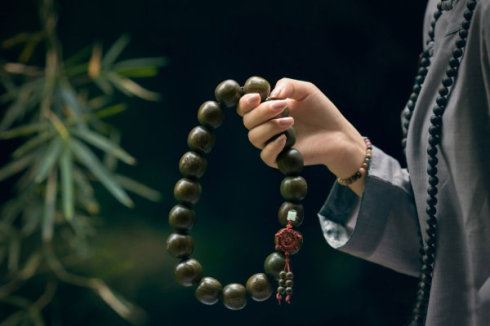 Posted by Shengji Temple: The recent conversation record of Venerable Zhai Mang
Posted by Shengji Temple: The recent conversation record of Venerable Zhai Mang
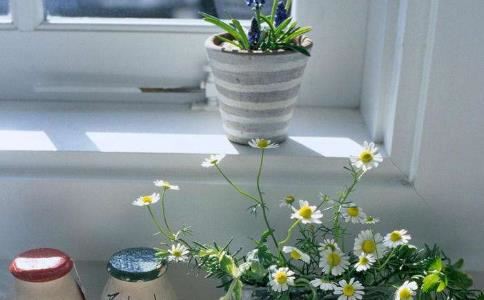 2022One of the speeches of Venerable Zhai Mang on the Buddha's Birthday Meeting on June 12, 2019
2022One of the speeches of Venerable Zhai Mang on the Buddha's Birthday Meeting on June 12, 2019
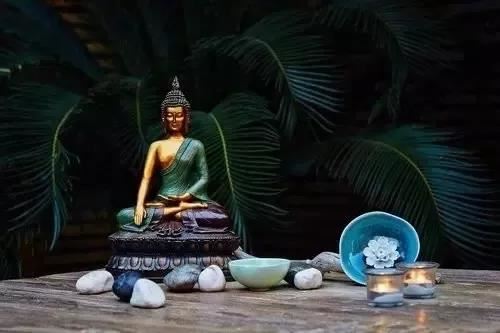 2022The second speech of the Buddhist Birthday Meeting on June 12, 2019
2022The second speech of the Buddhist Birthday Meeting on June 12, 2019
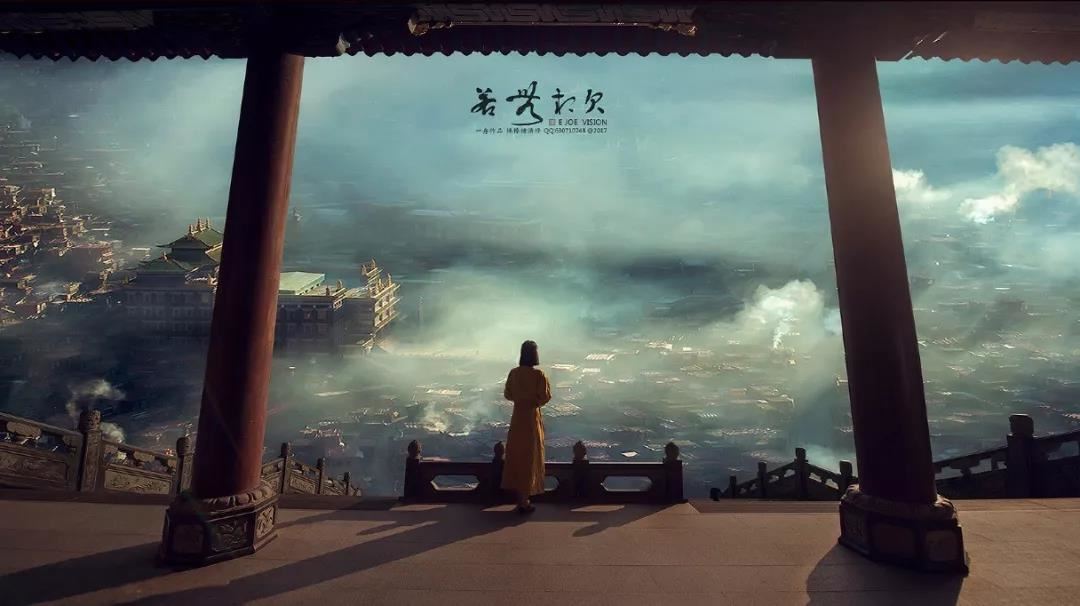 The Ten Great Disciples of the Buddha - Venerable Fulunna - The First Preaching
The Ten Great Disciples of the Buddha - Venerable Fulunna - The First Preaching
 The Ten Great Disciples of the Buddha - Venerable Kasyapa - The First Discussion
The Ten Great Disciples of the Buddha - Venerable Kasyapa - The First Discussion
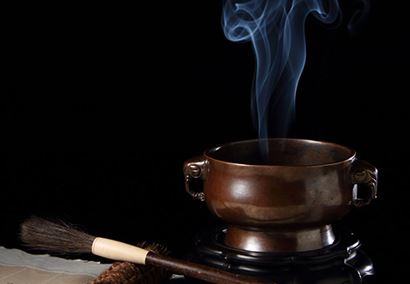 The Ten Great Disciples of the Buddha - Venerable Upali - The First Precepts
The Ten Great Disciples of the Buddha - Venerable Upali - The First Precepts
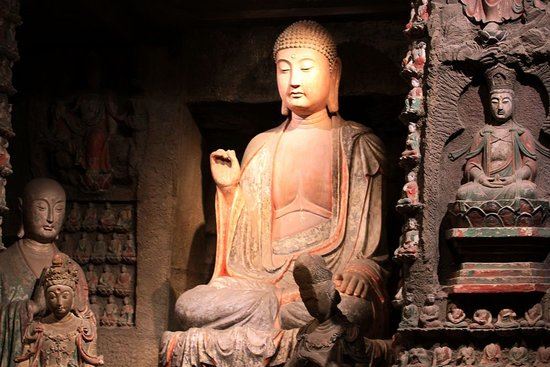 The Ten Great Disciples of the Buddha - Venerable Subhuti - the First Living the Kung Fu
The Ten Great Disciples of the Buddha - Venerable Subhuti - the First Living the Kung Fu
 Introduction to Master Hengqiang
Introduction to Master Hengqiang
 Danma Zhaimangdad Denba Second Lord Longzhi Danbenima
Danma Zhaimangdad Denba Second Lord Longzhi Danbenima
Venerable Longchenba: Six methods of blessing with the master to verify the appearance
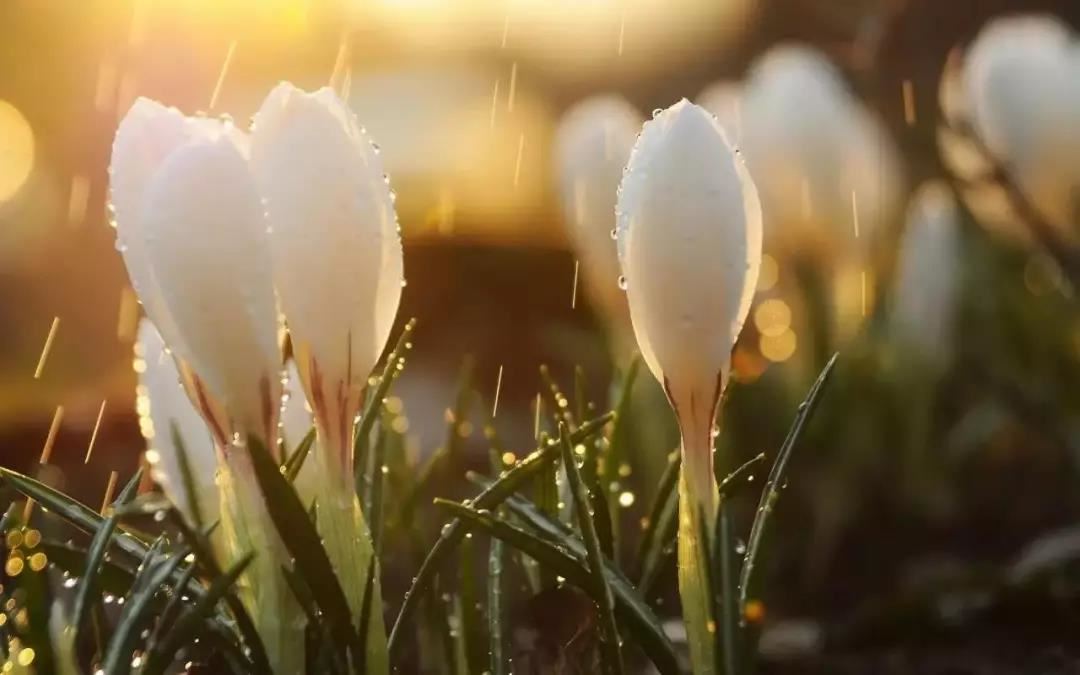 Family affection, friendship, love, and even the compassion of the Bodhisattva are just 'giving'
Family affection, friendship, love, and even the compassion of the Bodhisattva are just 'giving'
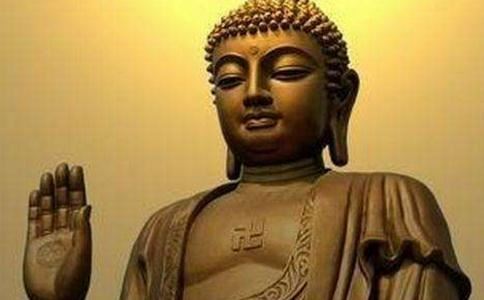 The Four Great Vows are to benefit oneself and others!
The Four Great Vows are to benefit oneself and others!
The teachings of the venerable Youbo Bianduo
Be a Buddhist disciple who benefits oneself and others
 Twenty-one Grandma Cultivation Venerable
Twenty-one Grandma Cultivation Venerable
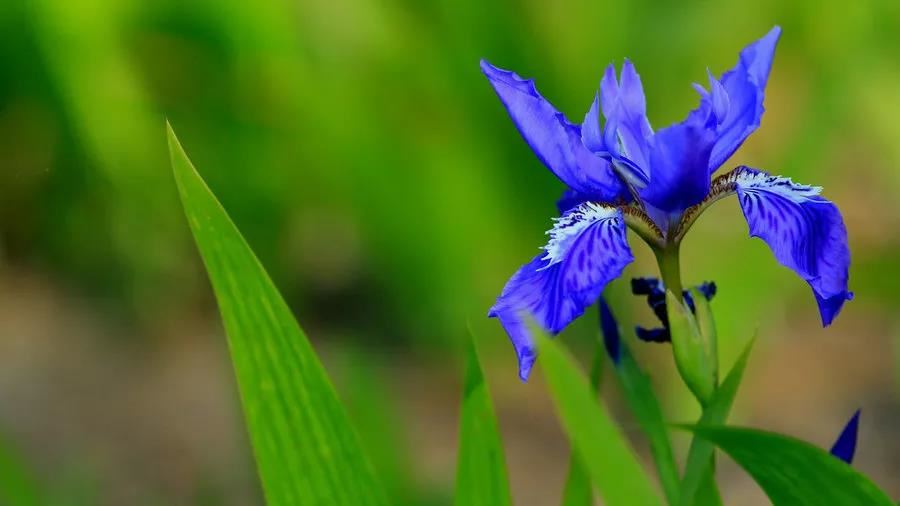 The Twenty-Two Patriarchs, Venerable Mahara
The Twenty-Two Patriarchs, Venerable Mahara
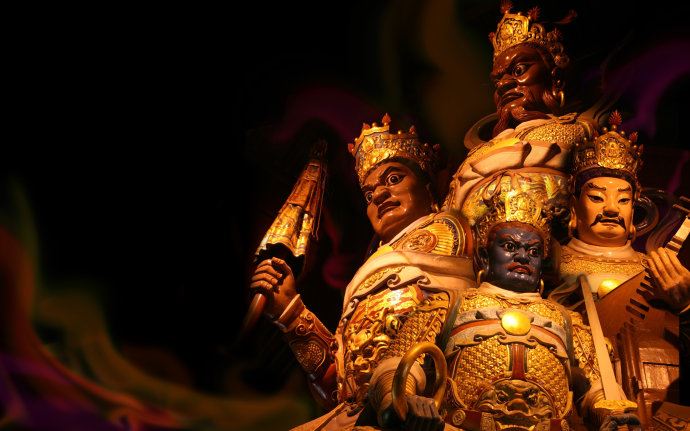 The Twenty-Sixth Patriarch is not as good as the Venerable Mido
The Twenty-Sixth Patriarch is not as good as the Venerable Mido
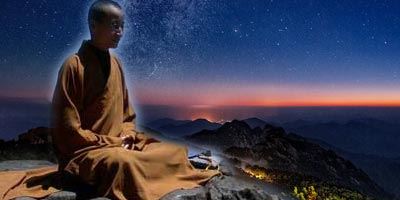 The Seventh Grandmaster Husbands
The Seventh Grandmaster Husbands
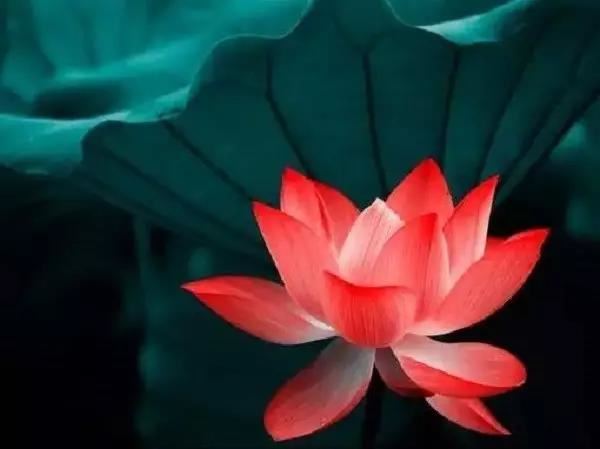 The Eighteenth Patriarch Gayashedo
The Eighteenth Patriarch Gayashedo
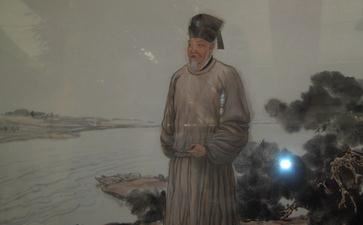 The Sixteenth Patriarch Rahulada
The Sixteenth Patriarch Rahulada
 The Nine Patriarch Futumiduo Venerable
The Nine Patriarch Futumiduo Venerable
 The Thirteenth Patriarch Kavimara
The Thirteenth Patriarch Kavimara
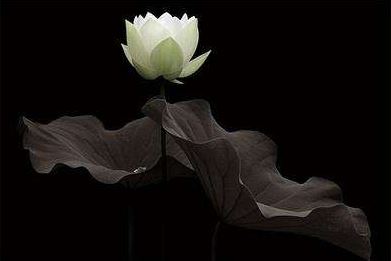 The Fifteenth Ancestor of Tiantai
The Fifteenth Ancestor of Tiantai
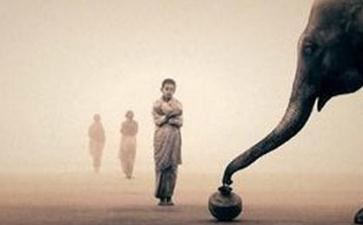 The Eight Patriarch of Tiantai Jingxi Zhanran
The Eight Patriarch of Tiantai Jingxi Zhanran
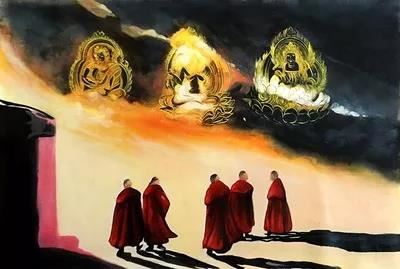 Tiantai Thirteen Motherland Qingqing Venerable
Tiantai Thirteen Motherland Qingqing Venerable
Complete collection of Buddhist scriptures
Share on WeChat
Scan the QR code to share on WeChat or Moments


